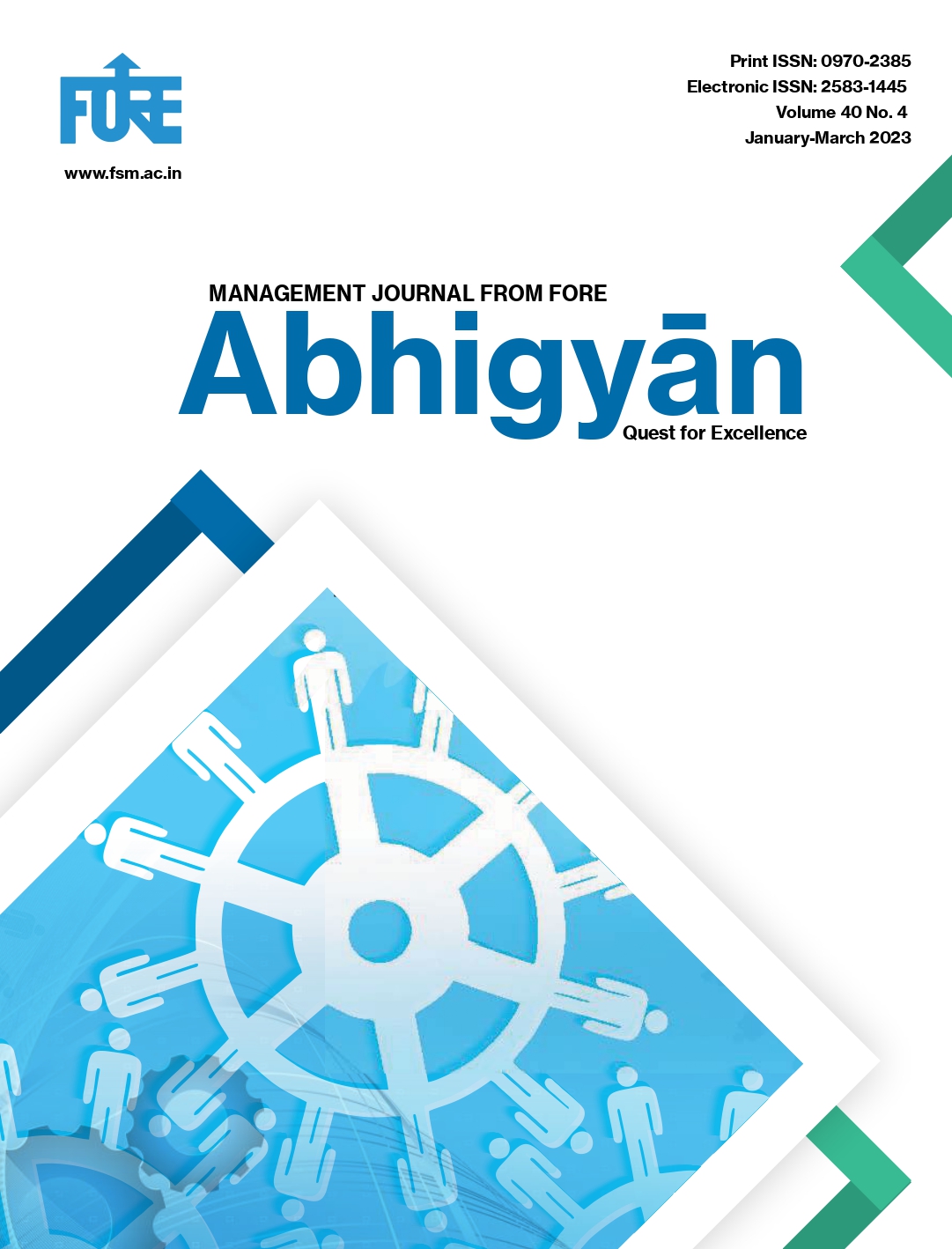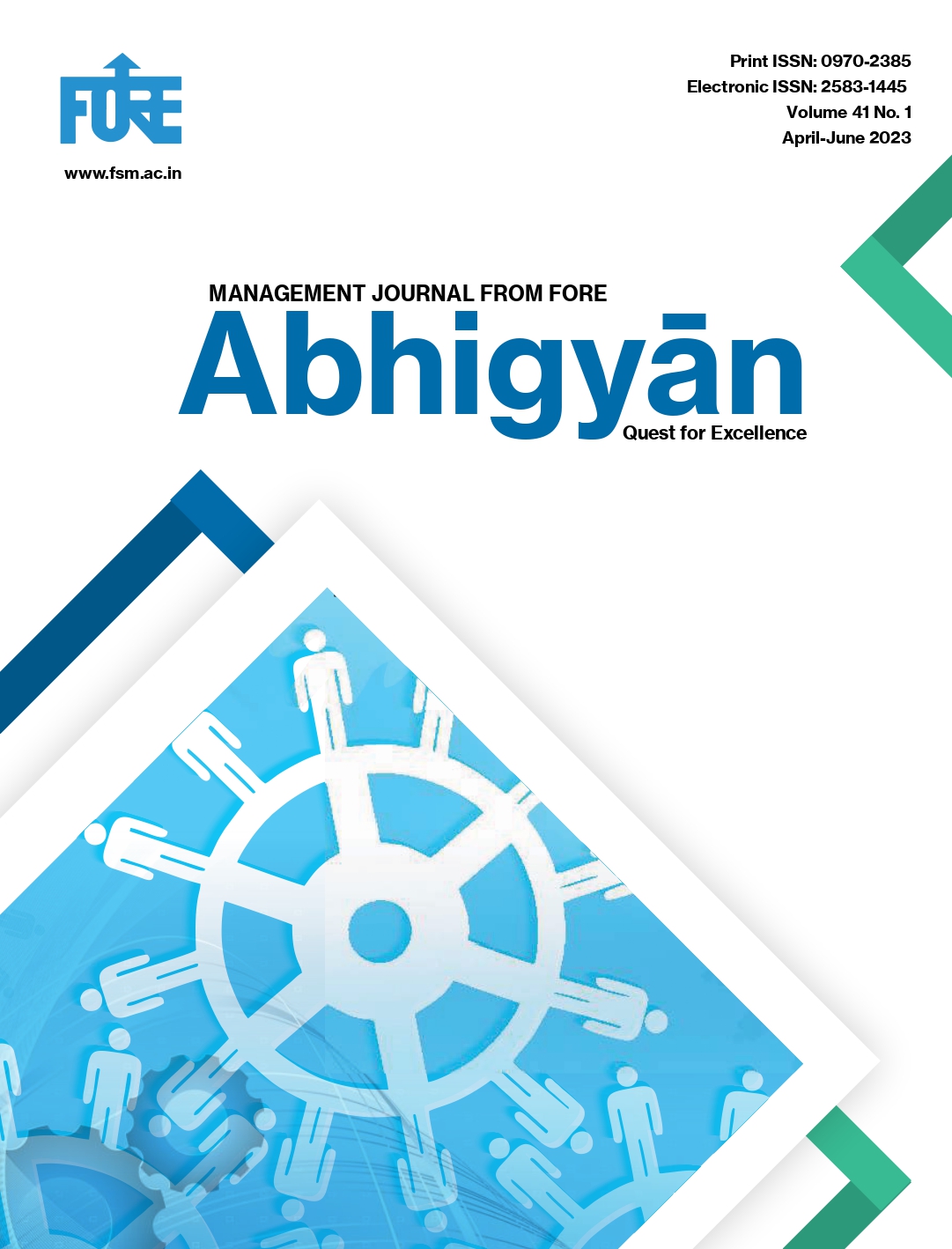
- Home
- About FSM +
- Academic Programmes
- PGDM
- PGDM(IB)
- PGDM(FM)
- PGDM(BDA)
- Full-Time Fellow Programme in Management (FPM)
- Executive Fellow Programme in Management (EFPM)
- Academic Calendar (2025-26)
- Scholarship
- Collection of Diploma/ Marksheet
- Verification of Diploma and Marksheet
- Duplicate Diploma and Mark Sheet
- Letter of Recommendation (LOR)
- International Immersion Programme
- Student Exchange Programme
- Admissions
- Placements
- Executive Education
- Faculty
- Facilities
- Research & Seminars
- Publications
- Faculty Publication 2025
- Faculty Publication 2024
- Faculty Publication 2023
- Faculty Publication 2022
- Faculty Publication 2021
- Faculty Publication 2020
- Faculty Publication 2019
- Faculty Publications 2018
- Faculty Publications 2017
- Faculty Publications 2016
- Faculty Publications 2015
- Book Publications
- Faculty Publications 2014
- Faculty Publications 2013
- Forthcoming Books
- Abhigyan
- FOREprints (Newsletter of FORE)
- FOREprints Newsletter of FORE 2024
- FOREprints Newsletter of FORE 2023
- FOREprints Newsletter of FORE 2022
- FOREprints Newsletter of FORE 2021
- FOREprints Newsletter of FORE 2020
- FOREprints Newsletter of FORE 2019
- FOREprints Newsletter of FORE 2018
- FOREprints Newsletter of FORE 2017
- FOREprints Newsletter of FORE 2016
- FOREprints Newsletter of FORE 2015
- FOREprints Newsletter of FORE 2014
- FOREprints Newsletter of FORE 2013
- FOREprints Newsletter of FORE 2012
- Conference & Seminars
- Publications
- Student Life
- Contact Us (Delhi)
- Contact Us (Gurugram)
- Library
- FORE in Media
- Campus Tour
- Alumni
- Vacancy
- Tenders
- Blog
- login
- Contact US (Delhi)
- Contact US (Gurugram)



